- 16 . 04 . 11
Eight days in Jordan have given me a wealth of experiences and a new point of view on this wonderful country.
- StumbleUpon
- TwitterTweet
- Facebook
Crossing Jordan
After a hectic eight days in which we travelled almost the length and breadth of the country, it is fair to say that Jordan is almost entirely different from my preconceptions.
We have seen some reports of violence in the country, but have experienced none of it ourselves. I can’t recall a single time I felt unsafe. The closest was at the checkpoints on the road, where armed guards checked our passports. That isn’t unusual though; the times I felt most unsafe in England were whenever I saw police with guns in airports. Each time, the guards waved us through with a friendly smile, leaving me both relieved and slightly embarrassed.
For all the reports of unrest, the largest gathering of people we witnessed was last night in Madaba at an open air concert of traditional folk music by Syrian, Jordanian, Palestinian and Egyptian performers, where hundreds of onlookers stood and watched and laughed and applauded. About the worst thing I can say is that the music was a bit repetitive, but have you heard European dance music these days?
Despite having the ocular proof, I still kept expecting trouble, for instance when the police approached an overly enthusiastic reveller during the concert. They cautioned him to tone it down and I caught myself thinking Aha, here is my evidence of totalitarianism and a crackdown on the people, before considering for a moment: that is exactly what would have happened in England.
It’s really not too dissimilar to home, and in retrospect that should have been obvious from the start. People in general are predisposed to preferring peace. Those few who resort to violence are not exclusively followers of Islam, and it is unfair to judge all Arabs (not all of whom are Muslim) on the basis of those despicable few, just as it is unfair to judge all Caucasians (not all of whom are Christian) on the acts of fundamentalism such as the murder of Dr. George Tiller.
Islam is not the problem (and I say this as a confirmed atheist). Fundamentalism is the problem. Arab people are not the problem. Terrorists are the problem. And Yoda was onto something; beneath it all, fear is the problem. I would encourage those who are fearful to be brave and see for themselves what it is they are actually afraid of. They are likely to find only shadows that collapse under observation.
Somehow, the media has even managed to taint the recent struggles for representation and freedom in the region with a healthy dose of Islamaphobia, citing unattributed fears of the growth of Islam in the region and an increase in influence for Al Qaeda and its ideological fraternity. Never mind that the two are distinct. In fact, I’m surprised no-one has wheeled out the term Intifada – it does mean uprising, after all. It seems like every time there is a deviation from peace, the media feels duty-bound to depict it as the result of the inbuilt tribal behaviour of savages.
At the risk of repeating myself, The Middle East is not homogenous. I feel quite confident saying that, despite having only visited one country here. Jordan is not Saudi Arabia. It is certainly not Iran. There are no religious police. Imams and clerics are not so powerful here. There is tolerance of other religions, with Greek Orthodox churches prevalent throughout the country. It seems more tolerant in that respect than in the US and UK where mosques are viewed with suspicion, as breeding grounds for radicals. Jordan is a conservative, modest country, but no dress code is enforced. The few women who choose to cover themselves entirely do so, possibly because their family desires it, but from what I have heard, more often than not of their own volition as a way of demonstrating piety and modesty. As an extrovert Westerner, it is hard for me to comprehend wanting to do that, but then some people pity me for choosing to work in an office for forty hours a week. Choice is the thing, and in this matter at least, women have choice.
It is true that this is an autocratic regime and that there is no true democracy. I’m sure that the King and his administration is working frantically in the background to hold onto power, as all people in power do. However, the people I’ve met here have all seemed satisfied, and more than that, happy. Despite that, political change will inevitably come to Jordan, though it might be slow in arriving. With the regional changes taking place, it is hard not to imagine people beginning to clamour for democracy, which is the most natural mechanism for governing – you only have to look at how much energy is expended controlling people in order to prop up totalitarian regimes and communist dictatorships around the world. If Egypt and Tunisia can settle into stability over the next few years and make progress on improving life for their peoples, they will become the true role models for their neighbours, rather than Iraq and Afghanistan where change was imposed by outsiders for dubious reasons.
When the Jordanian people are ready to do the same, I will strongly support them too.
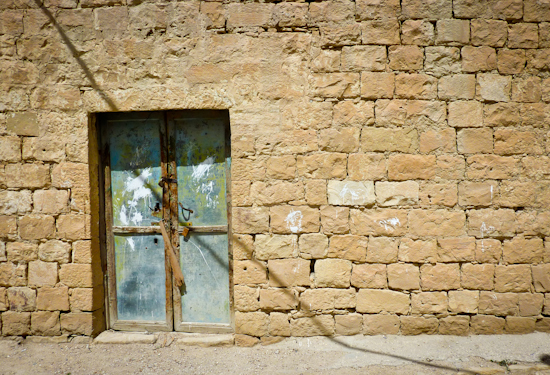
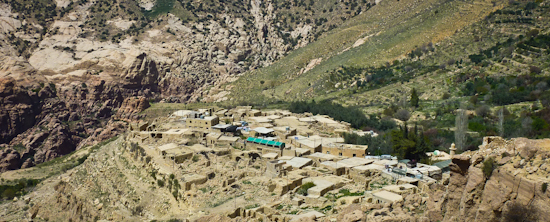
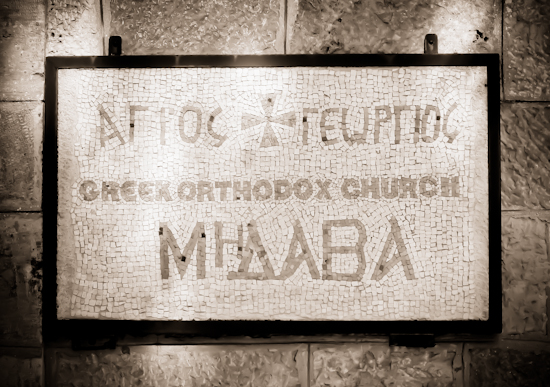
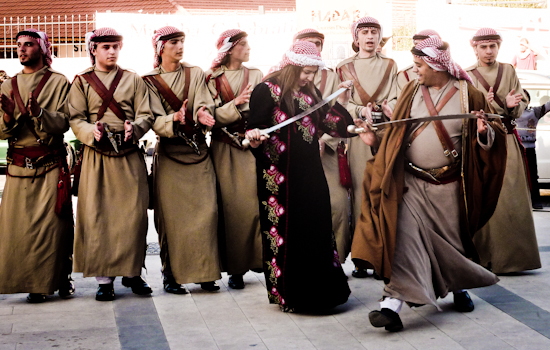
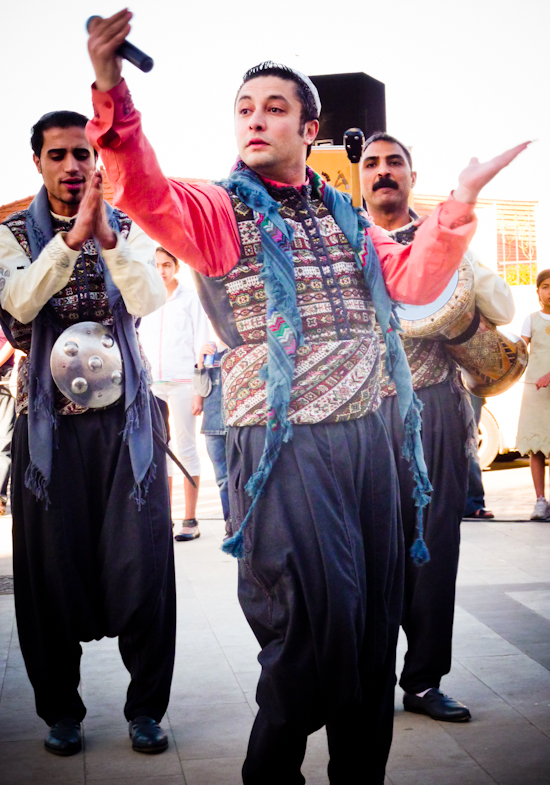
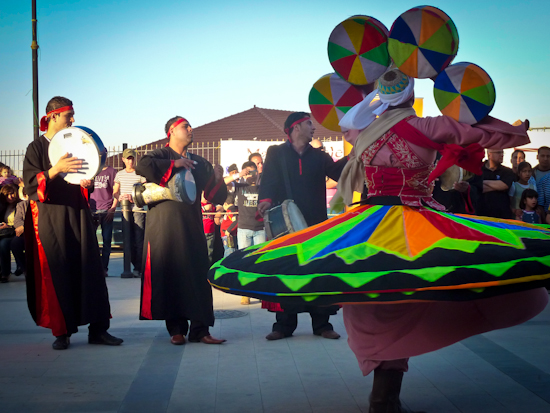
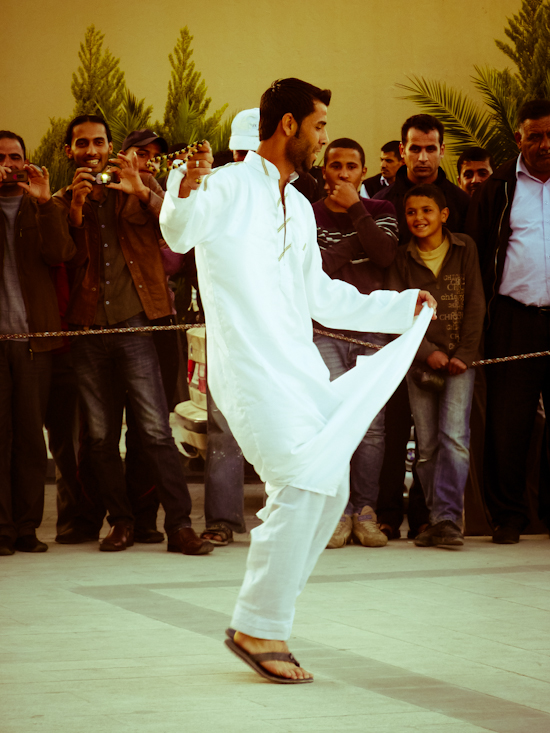
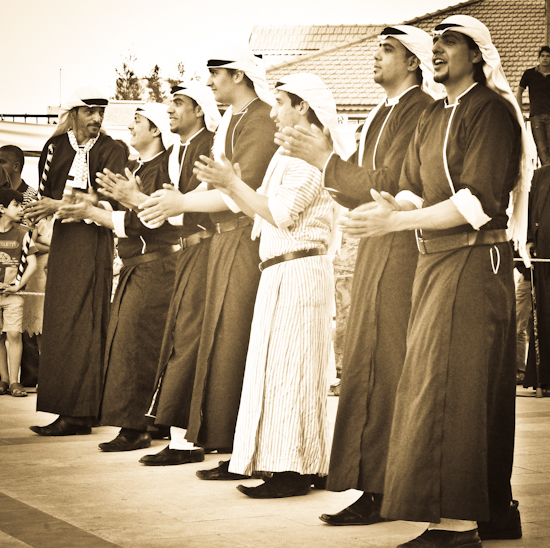
Leave a Reply